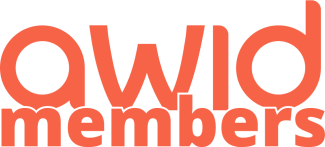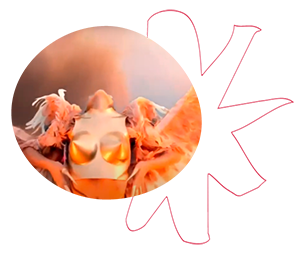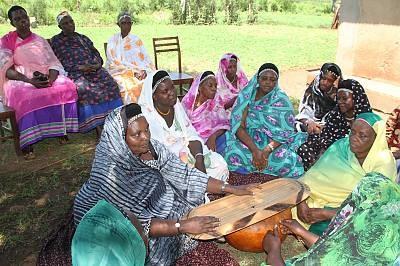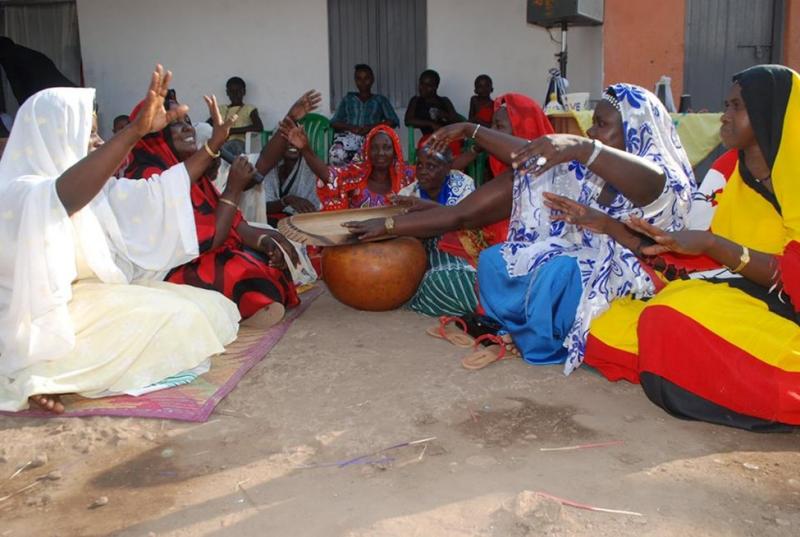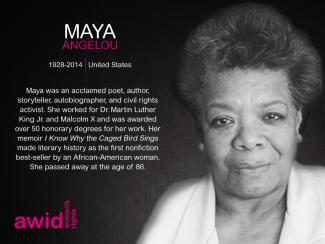Feminista con visión, valentía y compromiso
Rama es una joven feminista, investigadora y escritora senegalesa. Tenía poco más de 20 años cuando escribió su primera novela, La dernière lettre, publicada por Présence Africaine en 2008.Un año después fue una de las 25 jóvenes africanas con visión, valentía y compromiso extraordinarios para liderar cambios en sus comunidades que recibieron la beca MILEAD, otorgada por la Moremi Initiative for Women's Leadership in Africa [Iniciativa Moremi para el Liderazgo de las Mujeres en África].
"Convertirse en quien una es, plenamente y sin pedir disculpas, es un logro difícil pero el más importante de todos. He aprendido, en forma metódica, a desaprender y reaprender, a deconstruir y reconstruir todo lo que me han enseñado acerca de cómo se deben mover las mujeres en la sociedad..."
Tras recibir la beca en Gobernanza y Desarrollo 2015 de la Ibrahim Foundation, Rama está a punto de iniciar sus estudios de doctorado en la Escuela de Estudios Orientales y Africanos (SOAS) de la Universidad de Londres. Ya tiene una Licenciatura en Desarrollo Internacional con especialización en Desarrollo Económico Africano y Género, así como una Maestría en Cooperación Internacional y Desarrollo por el Instituto de Estudios Políticos de Burdeos, Francia.
Rama es asesora de FRIDA | El Fondo de Jóvenes Feministas e integrante del equipo sobre economía política y globalización de Mujeres por el Desarrollo Alternativo para una Nueva Era (DAWN por sus siglas en inglés). En años anteriores ha trabajado como asistente de investigación en el Instituto Africano de Desarrollo Económico y Planificación de las Naciones Unidas (IDEP), brevemente en el sector sin fines de lucro en Francia y en la oficina del Programa de las Naciones Unidas para el Desarrollo (PNUD) en la República de Mauricio.
"A fin de llegar a ser quien verdaderamente soy, he tenido que aprender que cuidarme y alcanzar mis sueños era más importante que las etiquetas sociales que ni siquiera me definen..."
En 2013, Rama contribuyó a un libro colectivo de la Network of Young African Researchers on Democracy and Development in Africa [Red de Jóvenes Investigadoras/es Africanas/os sobre la Democracia y el Desarrollo en África] y también ha sido columnista de Nouvel Horizon Senegal.
"Para mí, ser feminista es aceptar que tendré que cuestionar todo lo socialmente establecido para definir quién debo ser y qué ‘debo querer’, porque ‘deber’ y ‘querer’ son términos antitéticos. Cuando se libera del ‘deber’ o del ‘no deber’, el ‘querer’ se vuelve poderoso. Sé tú misma. Y punto."
Escucha su reciente discurso (en inglés)
Rama habló en representación del Grupo de Trabajo de Mujeres sobre Financiación para el Desarrollo en la segunda Sesión Plenaria de la Tercera Conferencia Internacional sobre la Financiación para el Desarrollo, celebrada en Adís Abeba, Etiopía, 2015.




